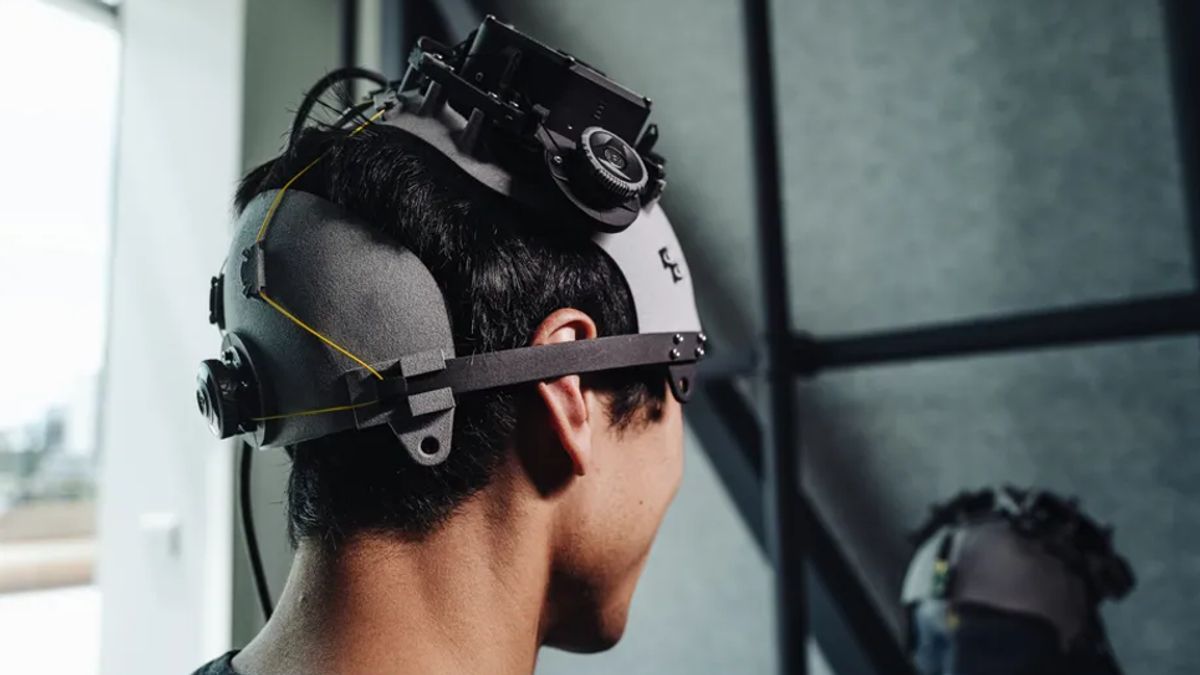JAKARTA - For now, Facebook has abandoned its plans to connect the brains of users of this social media platform directly to Facebook. For the future, you'll have to make do with hooking your wrist directly onto the Oculus Rift.
The social network announced in a blog post that it had abandoned efforts to develop headbands or headsets that would allow users to type quickly and control computers with thought and possibly, act as a future Facebook-brain interface tool.
Instead of continuing work on their own prototype helmets, Facebook's experimental hardware division, Reality Labs, will focus its work in the area of developing wristbands that read muscle signals to control augmented reality and virtual reality systems. This is similar to Oculus' line of VR headsets.
According to the MIT Technology Review, Facebook staff working on the project said its original scope may have been too ambitious. “We got a lot of hands-on experience with this technology,” Mark Chevillet, told Technology Review.
Chevillet is a physicist and neuroscientist who worked on the project but is now studying Facebook's impact on democracy. “That is why we can confidently say, as a consumer interface, head-mounted optical silent sound devices are a long way off. Maybe longer than we thought," he said.
Chevillet assured Technology Review that despite a four-year development effort including Facebook-funded brain surgery and a prototype that emits light through the skull, and unlike SpaceX and Tesla CEO Elon Musk's Neuralink project. "We never had the intention of making brain surgery products," he said.
Some of Facebook's resources were used to fund research by Edward Chang at the University of California, San Francisco that involved surgically implanting electrode pads in people's brains (electrocorticography). This technique makes it possible to read a large number of neurons at once.
According to the Technology Review, the research team reported to the New England Journal of Medicine on Wednesday July 14th that they had developed a method that allowed a man who was unable to speak after a stroke to type sentences at a rate of about 15 words per minute. However, the researchers were only able to train a subject called, Bravo-1, to type about 50 words, and the system was only 40% accurate.
This is actually an impressive step forward in medical science. But clearly none of that comes close to the kind of devices Facebook is trying to offer users. So Facebook halted its own development into the Facebook Reality Labs helmet prototype, made the software open-source, and allowed external researchers to see its experimental hardware.
“We see future applications in clinical assistive technology, but that is not our business goal. We're focused on consumer applications, and there's a long way to go,” Chevillet told Technology Review.
The English, Chinese, Japanese, Arabic, and French versions are automatically generated by the AI. So there may still be inaccuracies in translating, please always see Indonesian as our main language. (system supported by DigitalSiber.id)













